Why Law Firm Web Design and Technology Matter
As a leading legal web development company, we understand how critical it is for law firms to stay ahead with digital tools and modern technology. From enhancing daily workflow to delivering better client service, law firms must adapt to today’s fast-paced, digital-first legal environment. With the right law firm tools and a professional website, attorneys can boost efficiency, maintain compliance, and gain a competitive advantage.
Law firm web design isn’t just about aesthetics—it’s about functionality, performance, and supporting tools that make daily operations easier. In this guide, we highlight essential law firm tools that every practice should consider integrating into their website and daily operations. These tools have become vital not only for internal efficiency but also for improving the client experience and building a reputation of reliability and innovation.
Benefits of Using Law Firm Tools
The legal industry is known for its complexity and administrative demands. Law firm tools can drastically reduce manual processes and free up valuable time for billable work. These tools help manage caseloads, automate routine tasks, enhance collaboration, and improve billing accuracy. Firms that embrace automation often report greater staff satisfaction and improved client retention.
Using legal software and support tools also ensures better service delivery. When your back-end operations are streamlined, you can focus more on client relationships, accurate legal advice, and fast response times. With the right combination of tools and a modern, responsive law firm website, firms can scale efficiently and maintain a competitive edge. Additionally, these tools help ensure compliance with state bar requirements and enhance recordkeeping for audits and legal disputes.
Types of Law Firm Tools
There are several categories of law firm tools, each serving a unique purpose in legal operations. These include:
- Practice Management Software
- Document Management Systems
- Time Tracking and Billing Tools
- Online Legal Research Tools
- Cybersecurity Solutions
- Client Communication Tools
Each of these categories addresses core challenges faced by law firms daily, such as managing deadlines, tracking client communications, billing accurately, and protecting sensitive data. Many tools also integrate with each other to provide a seamless digital ecosystem.
According to the latest Clio Legal Trends Report, law firms that adopt digital tools like practice management software, client portals, and online billing solutions are seeing faster growth and stronger client retention.
Practice Management Software and Its Benefits
Practice management software for law firms helps centralize operations and manage everything from client intake to case tracking. These systems improve workflow visibility and reduce time spent on repetitive administrative tasks.
MyCase
MyCase is a web-based legal practice management software designed for solo attorneys and small to mid-sized firms. It supports case tracking, billing, time logging, client communication, and secure document sharing.
CASEpeer
CASEpeer is tailored specifically for personal injury law firms. It offers built-in templates, calendaring, and workflows designed to streamline client onboarding, medical record management, and settlement tracking.
Other notable options include Clio, which provides robust analytics, and PracticePanther, which offers mobile app access and extensive third-party integrations. These tools can integrate seamlessly with your law firm web design, giving your team instant access to information from any device, which is crucial for remote work and multi-location practices.
Document Management Tools for Law Firms
Managing legal documents manually is time-consuming and prone to errors. A reliable document management system allows attorneys to store, search, and share case files securely.
Worldox
Worldox offers a robust platform for organizing legal files. It integrates with Microsoft Office and Outlook and allows law firms to control access permissions, apply metadata, and ensure version tracking.
SharePoint
SharePoint by Microsoft allows for real-time collaboration, secure storage, and enterprise-level document management. It’s a great tool for larger law firms needing custom document workflows and user permission management.
You might also consider NetDocuments, a cloud-first platform offering advanced compliance tools. By integrating these tools into your law firm website, clients can upload sensitive files securely, and your team can retrieve critical case data in seconds.
Time Tracking and Billing Tools for Law Firms
Accurate time tracking is essential for maximizing revenue. Time tracking software helps law firms monitor billable hours, automate invoicing, and reduce administrative errors.
Time Analytics
Time Analytics allows you to categorize time entries as billable or non-billable, attach notes to timers, and generate visual reports for clients and internal use. This can greatly improve transparency and client satisfaction.
MyHours
MyHours is a time tracking and project coordination tool designed for lawyers and law firms. It simplifies time logging, billing, and team coordination with detailed reporting features.
Other tools like Toggl Track and TimeSolv offer excellent reporting and billing integration for both large firms and solo practices. Time tracking tools can be integrated with your law firm website’s client portal, allowing for self-service access to invoices and payment history.
Online Legal Research Tools
Legal research is a foundational part of any case preparation. Using online research tools allows attorneys to find relevant case law, statutes, and commentary quickly.
Casetext
Casetext uses AI-driven search algorithms to provide better legal research outcomes. It allows lawyers to upload briefs for review and quickly find similar cases using CARA, its contextual search tool.
Fastcase
Fastcase provides a massive library of case law, statutes, regulations, and court rules. It’s often bundled with bar association memberships and serves as a cost-effective alternative to Westlaw or LexisNexis.
Also consider Bloomberg Law and Ravel Law, which offer advanced visualization tools and AI-driven analytics. When paired with an SEO-optimized website, these tools make your firm appear knowledgeable and trustworthy to clients.
Cybersecurity Tools for Law Firms
Cybersecurity in the legal industry is non-negotiable. Law firms handle confidential client data and must take strict measures to protect it. Cybersecurity tools help secure networks, encrypt data, and manage user access.
Limit Data Access
Ensure that only authorized personnel can access sensitive information. Use role-based access control (RBAC) systems to assign access permissions by job function.
Password Management
Enforce strong password policies. Passwords should be 12–14 characters long, with a mix of upper and lowercase letters, numbers, and symbols. Implement multi-factor authentication (MFA) for added security.
Backup and Recovery
Law firms should use encrypted backup systems stored both locally and in the cloud. These backups must be scheduled regularly and tested to ensure data integrity in the event of a cyberattack.
You can also use tools like Malwarebytes for Business or Norton Small Business to monitor real-time threats. Your law firm website should also use SSL certificates, firewall protection, and form validation tools to protect against data breaches and ensure trust with online visitors.
Integrating Tools with Your Law Firm Website
A modern law firm website should serve as the digital hub for your practice. By integrating practice management, billing, client portals, and secure messaging, your website becomes a functional platform—not just a brochure.
At Pure Code Digital, we specialize in law firm web design that supports tool integrations, real-time client interaction, and automated workflows. Whether you’re using MyCase, SharePoint, or Time Analytics, we ensure these platforms work seamlessly with your digital presence.
Client success story: One of our clients, a mid-sized firm in Texas, integrated Clio and NetDocuments into their website. Within 60 days, they saw a 35% reduction in admin workload and a 22% increase in client satisfaction scores. Tools like these aren’t just helpful—they’re transformative.
Conclusion
Law firm tools are essential for improving efficiency, security, and client service. From billing software to online legal research platforms, the right tools can help your law firm grow and adapt to today’s demands. Integrating these tools with a professionally designed law firm website ensures that your operations are not only modern but also highly competitive.
If your firm is ready to grow, don’t let outdated systems hold you back. Whether you’re a solo attorney or part of a 50-lawyer firm, the right technology stack can increase billable hours, reduce stress, and enhance client experiences.
Ready to upgrade your legal technology stack? Pure Code Digital can help. We build SEO-friendly, conversion-optimized law firm websites that support the latest tools your firm needs to thrive.
Looking for expert law firm web design? Get in touch with us today and explore how we can streamline your firm’s operations with the right technology and custom web solutions.

